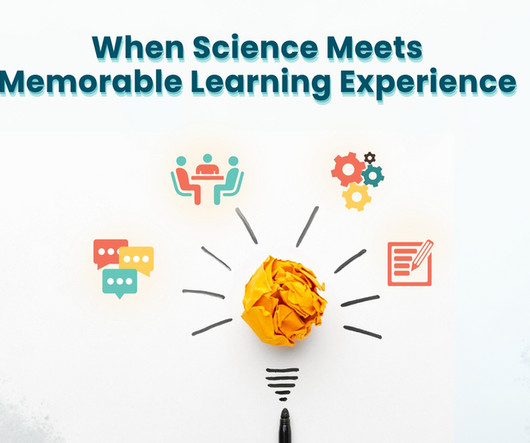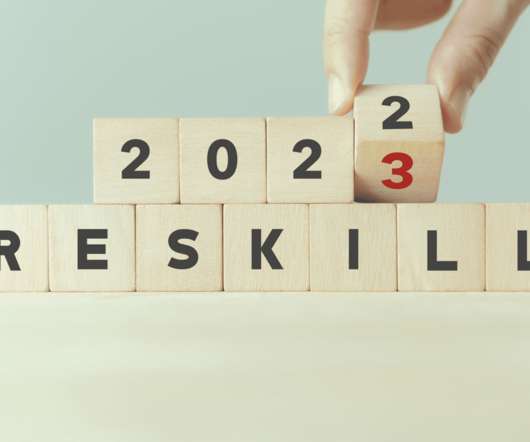Surfing the Net: Waste of Time or Personal Directed Learning.
Dashe & Thomson
APRIL 12, 2011
Brain Rules for Learning: Who Knew? I live and breathe Minnesota sports and love golfing, boating, skiing, traveling, and attending live music. View all posts by Paul → ← Do Instructional Designers in the Social Digital Age need an Engineering Background? We All Did. Properly d.











































Let's personalize your content